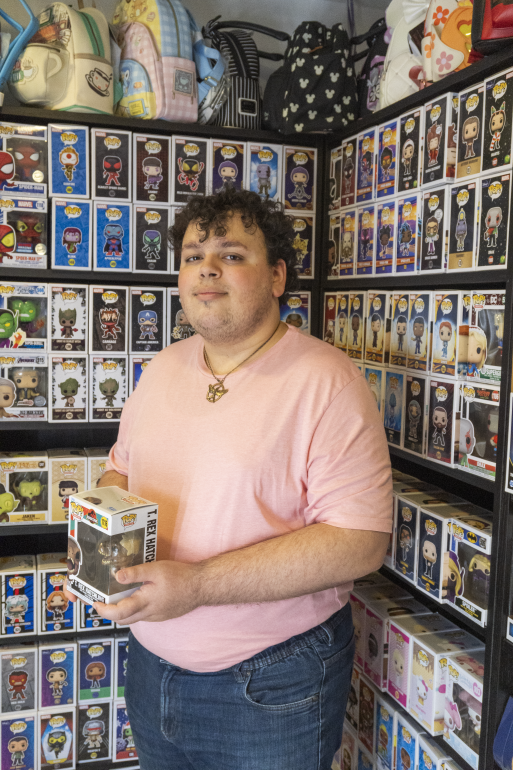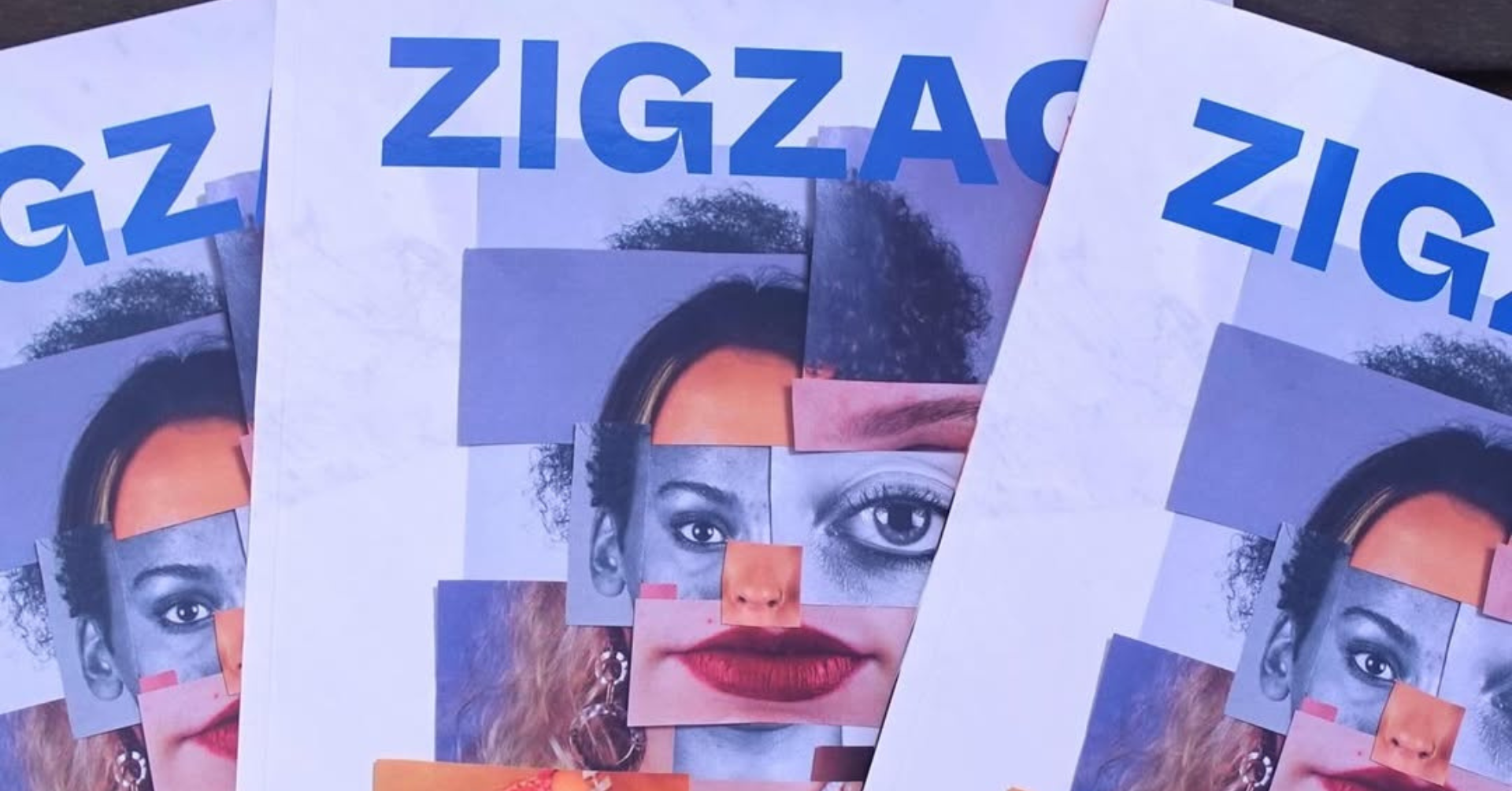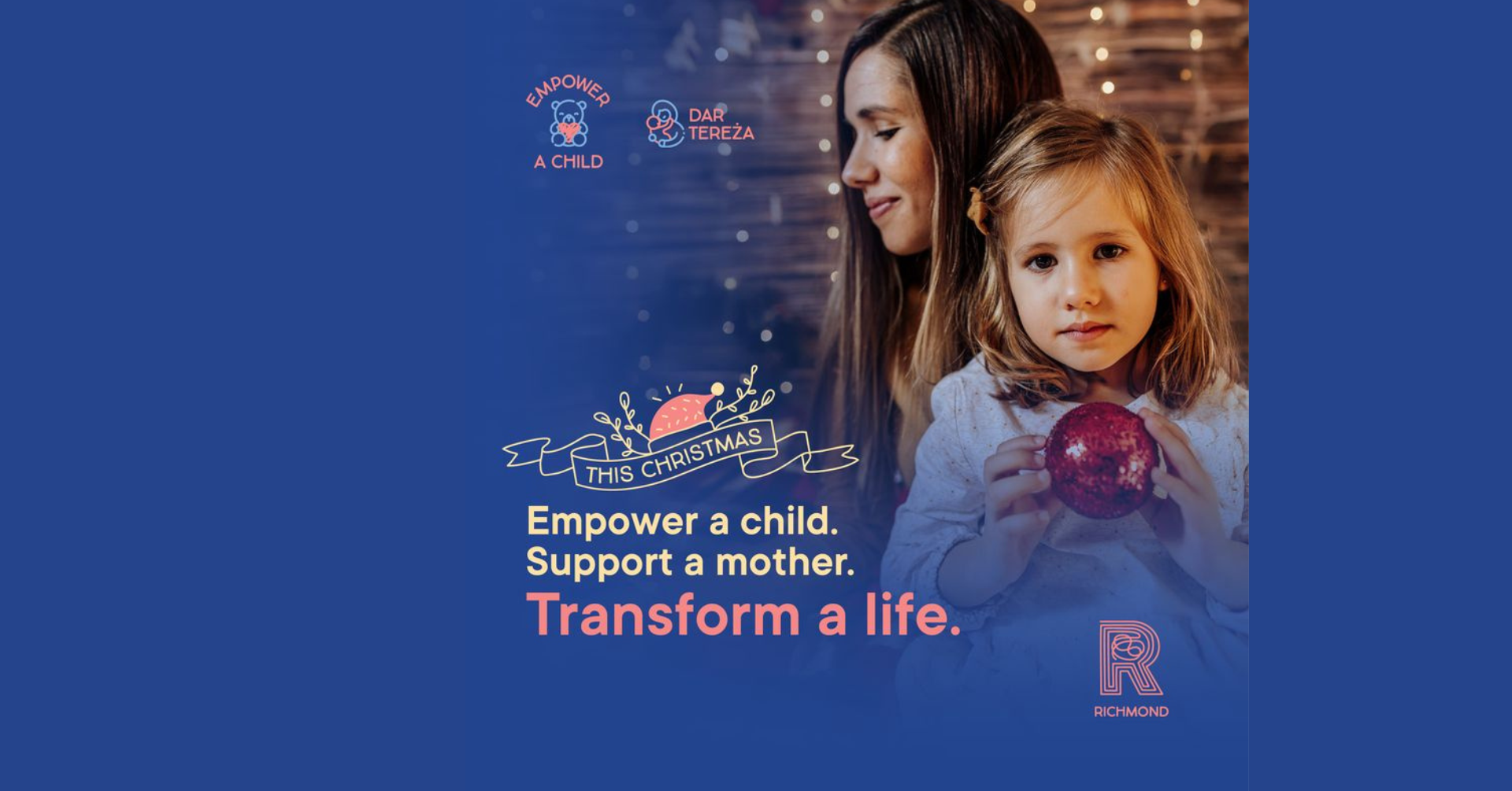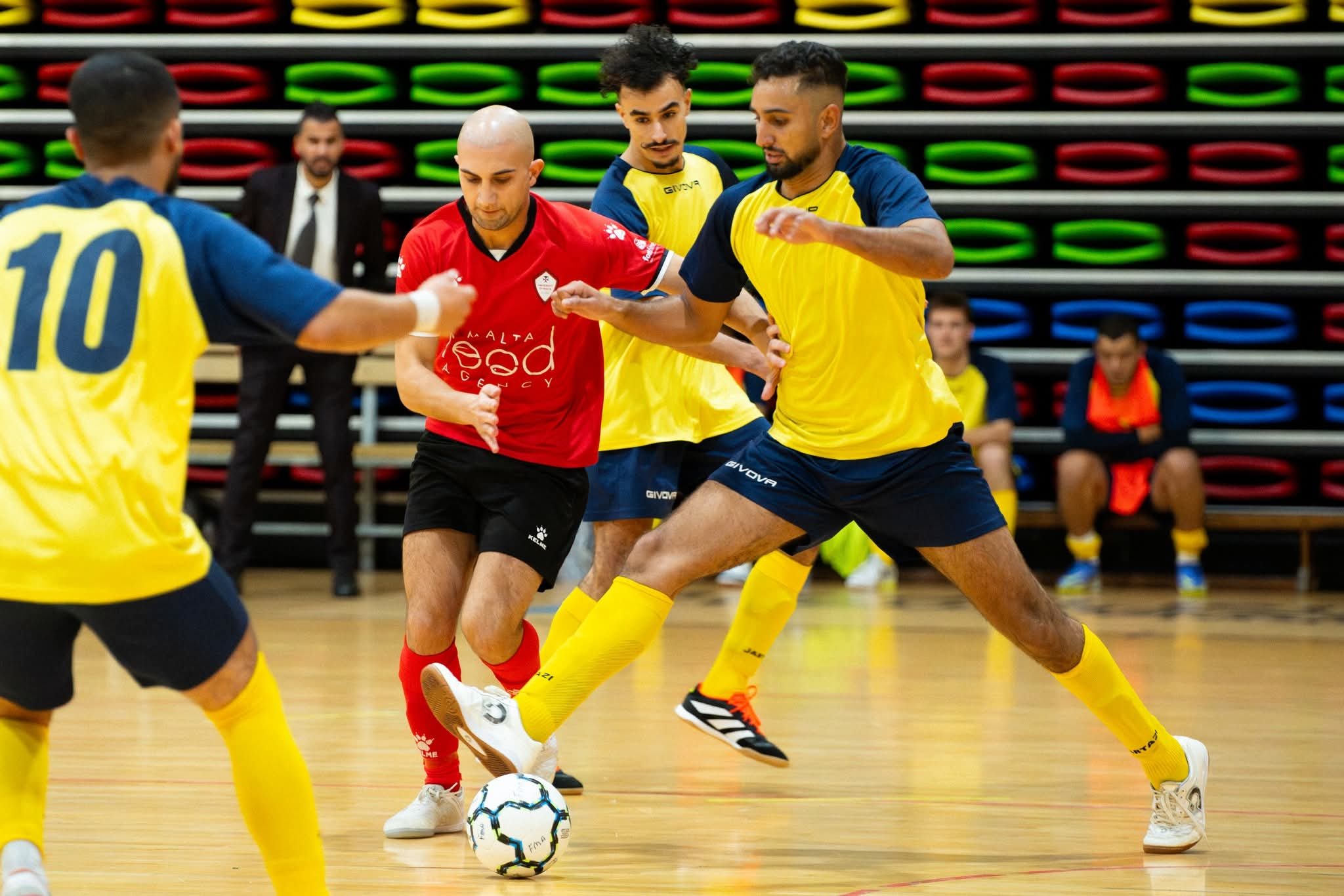A conversation with Karl.
Article by Jade Grech for ZigZag Magazine.
For most, the topic of neurodivergence has only been cropping up in recent years. Yet, for many, it’s their everyday lived experience. At the age of 18, Karl Vince Mifsud was diagnosed with both autism and ADHD. However, his journey through understanding his neurodivergence started much earlier than that.
Mentions of autism were already coming up when Karl was in primary school. Despite him steadily progressing through his classes, he struggled to understand the concept of writing, instead drawing out the letters. Although this would be cause for concern developmentally, his teacher at the time opted to get angry and insult him, calling him demeaning words like “stupid”. Due to his struggles, Karl’s mother took him to a child psychologist. While it was apparent that he was actually a very bright child – as he would rattle off the Latin meanings of the names of dinosaurs – the psychologist noted that he did have signs of “slight autism”. However, this did not result in a diagnosis because of fears from the doctor that his growing up would be affected. As such, as Karl got older, he would soon forget this incident.

Growing up, Karl found himself different from other students in his class, especially other boys. He didn’t find himself sharing the same interests and was much quieter in comparison. This resulted in a lot of bullying and isolation, making it hard for him to make friends up until he was in secondary school. When researching information about autism on the internet, Karl started to suspect he may be autistic himself. He brought up the possibility to his parents, who then reminded him of the incident that occurred in primary. From then on, the label of autism resonated with him, and he found support from his friends when he told them about this. In fact, it was another neurodivergent friend of his who fully guided him to getting officially diagnosed with autism and later on ADHD when entering MCAST.
However, despite any obstacles that could have been caused by not being diagnosed earlier, Karl finds that he prefers to have been diagnosed later. Like that, he is able to provide his family with the correct information about neurodivergence as misinformation continues to spread on the topic. This is something that he finds disheartening, as there is still so much for society to learn about and accommodate for when it comes to neurodivergent people.
A lack of accommodation or awareness was often present in different institutions such as school or work. Karl described that one work environment of his felt very hostile to not just neurodivergent people but also other disabilities as well, making it an uncomfortable experience. On the other hand, there has been his current workplace, in which, despite not mentioning his own conditions, he still felt very welcomed due to the place’s willingness to acknowledge these topics. The more people are willing to learn, the safer the spaces are for others.
Despite his very mixed experience, Karl still believes in self-expression more than ever. There is no need to hide who he is for the sake of presenting as “normal”. His interests in dinosaurs, magic, and mythology may seem childish to some, but they are a major part of who he is, and he carries that with pride. Alongside this, he ensures that the environments he is in are suited to his needs, and he will not settle for less. While this did make job-searching harder, it ultimately ended up with him in a job he experiences greater satisfaction in as opposed to if he had just lowered his standards.
Being neurodivergent played a vital role in Karl’s life. From his interactions with others to how he views the world, even when unaware of it, it affected his experiences in his life and will continue to do so.





